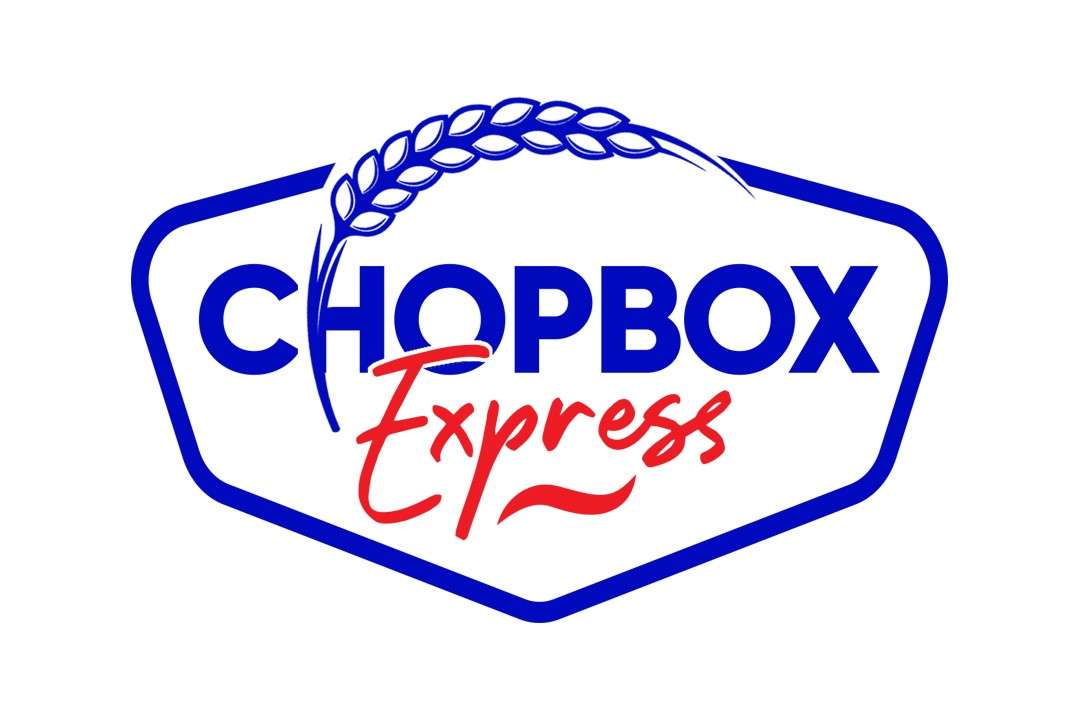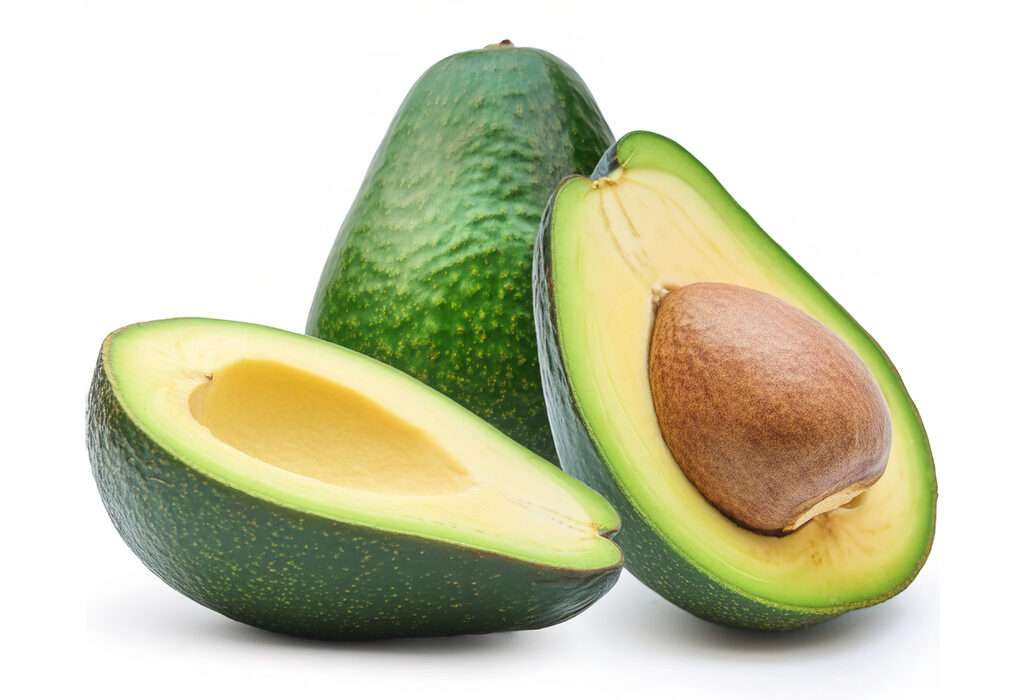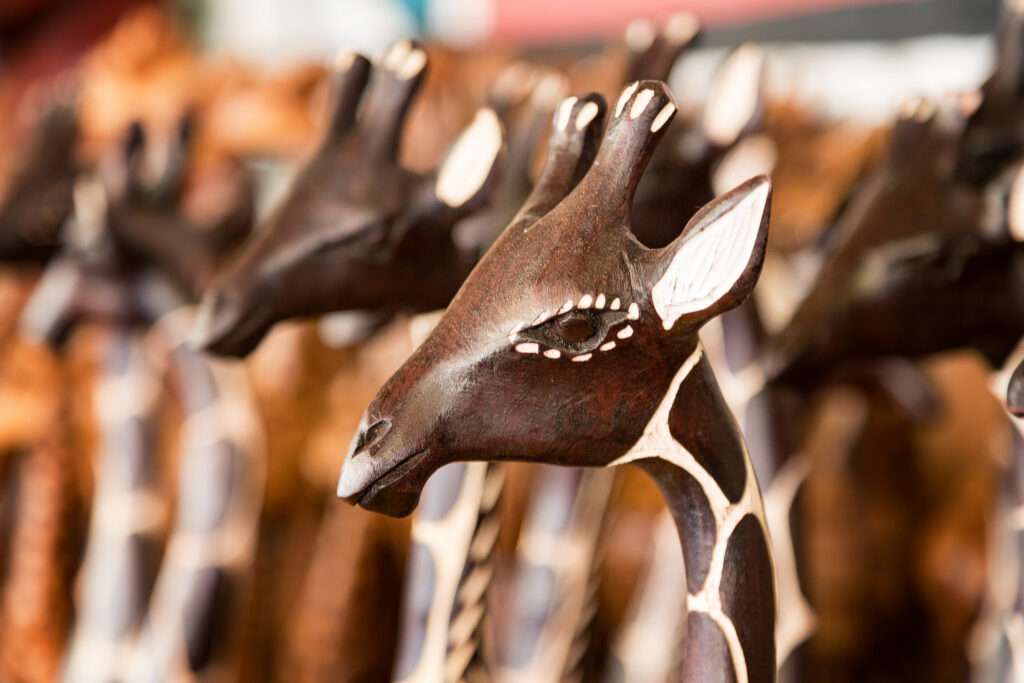AfCFTA Success Story:
Ghanaian home comforts, from Africa to the world

Rahmat Sai Jimah is the CEO of Chopbox Express, a food manufacturing company based in Accra, Ghana.
Ghanaian home comforts, from Africa to the world
In five short years Rahmat Sai Jimah’s food manufacturing company has gone from making its first-ever sale to exporting Ghanaian home comforts to North America and Switzerland.
In 2019 Chopbox Express was born out of an idea that had been percolating in Sai Jimah’s head for many years. She started an online food store to sell pre-made Ghanaian dishes like hausa koko, a spicy corn or millet porridge; koose, a deep-fried bean cake; and toogbei, a fried dough snack.
Today Chopbox Express employs four staff on a permanent basis, and eight casually. Part of Sai Jimah’s business strategy is to manufacture products on demand and she has interest from clients in Nigeria, but logistics is a challenge. This makes the increasing ease of doing cross-border business as the implementation of the African Continental Free Trade Area (AfCFTA) unfolds very appealing to her.
“I expect the AfCFTA will help. I have exported products to Nigeria, but it took almost a month (for the goods to travel between Ghana and Nigeria). Even using logistics agents it is not easy,” she says, adding that the product she wants to export to Nigeria requires a closed cold chain.
Ghana and Nigeria are both West African countries, whose capital cities, Accra and Abuja, are approximately 1,200km apart. Also, they are members of the Economic Community of West African States (ECOWAS).
The AfCFTA, which came into force on 30 May 2019, aims to create a single continental market and promote industrial development as an engine of growth and sustainable development.
Sai Jimah also hopes that the AfCFTA will help with imports. She wants to buy a spice from Tanzania because it is cheaper there, but the import agent she’s working with is struggling to come up with a logistics plan that will make economic sense.
Policymakers working on the AfCFTA have made good progress on smoothening the transfer of money across borders, says Sai Jimah. “I wish that we could get progress like that, logistics-wise. We need logistics to be accessible and affordable,” she says.
In January 2022, the Pan-African Payment and Settlement System was launched. It is a financial platform that enables instant payment, pre-funding, and net settlement of cross-border transactions among African countries.
It works in conjunction with central banks to allow direct transactions among the more than 40 currencies used across the continent, without relying on intermediary currencies like the US dollar, euro, or pound. This eliminates the significant time lags and substantial costs that were associated with converting between African currencies and third-party currencies.
Sai Jimah adds that she appreciates the help that the Deutsche Gesellschaft für Internationale Zusammenarbeit (GIZ) GmbH has given to business owners in Ghana, through capacity building and awareness creation on the AfCFTA.
The training materials such as links to access trade related materials and a trade map that have particularly helped her, she says.
Sai Jimah received GIZ training on how to use the International Trade Centre’s Trade Map tool, which provides indicators on export performance, international demand, alternative markets and competitive markets, as well as a directory of importing and exporting companies across 220 countries, including African countries.
The idea for Chopbox Express had its beginnings in 2011, when Sai Jimah was trying to wean her baby while also finishing a master’s degree in business administration. Time was short, and she was frustrated when her son refused shop-bought baby food.
Then Sai Jimah’s aunt made up some hausa koko for the baby boy. Sai Jimah was sceptical – that particular Ghanaian street food is known for being spicy. However, the version Sai Jimah’s aunt made was not too spicy and her son loved it so much that Sai Jimah told other young mothers about it, and shared her aunt’s hausa koko with them.
Years later, when Sai Jimah’s niece was studying at university and needed quick and easy meals, the memory of the aunt’s hausa koko came back.
“I had an idea for a store where students could buy provisions,” she says. Brainstorming sessions with her niece, husband and friends led to the idea of an online shop, so that the new business could widen its market to students from many educational institutions.
Sai Jimah was working at Unilever Ghana when she started Chopbox Express, but within three months the data showed that the business was more than just a side hustle. Her family pulled resources together so that a processing plant could be built, and she resigned from Unilever to devote her time to the growing business.
That was December 2019. By July 2020 Chopbox Express had sold its first labelled product and added to its range.
Sai Jimah’s first product, the popular hausa koko, has been developed into a powdered form that doesn’t require specialised logistics. She is keen to sell it across Africa, which would increase Chopbox Express’s annual turnover and allow her to widen her product base even more.
The company – like many – experienced a dip in sales during the years of Covid-19 lockdowns, but business is picking up. “2024 is already better than 2023; I expect it to be a good year,” she says.



